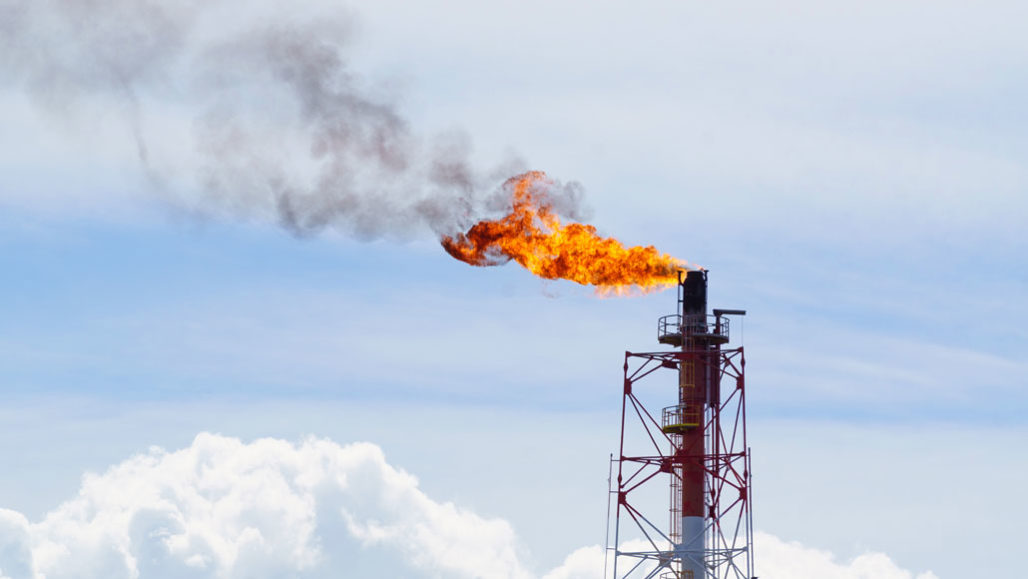Following what goes on with oil and gas exploitation in and around Adrian, Michigan since 2013 - and how these events in our little city connect to the global environmental situation... - with the occasional sidetrack to other related environmental issues in Lenawee county, Michigan and how those relate to global issues.
Tuesday, June 30, 2020
Saturday, June 27, 2020
Opinion: The climate crisis is like a world war. So let’s talk about rationing
“Science shows we have barely 10 years to avoid disaster, suggesting we shouldn’t count entirely on technological innovation or self-moderation. Meanwhile, we’re all in a lifeboat with just enough space for each of us. Should we really be complaining about not getting first-class seats if doing so would bump others?” Eleanor Boyle, 2019.
Opinion: The climate crisis is like a world war. So let’s talk about rationing
Opinion: The climate crisis is like a world war. So let’s talk about rationing
Thursday, June 18, 2020
Saturday, June 6, 2020
How the country's history of racial inequality drives the high rate of incarceration in America - 13TH | FULL FEATURE | Netflix
Combining archival footage with testimony from activists and scholars, director Ava DuVernay's examination of the U.S. prison system looks at how the country's history of racial inequality drives the high rate of incarceration in America.
This piercing, Oscar-nominated film won Best Documentary at the Emmys, the BAFTAs and the NAACP Image Awards.
US Rating: TV-MA For mature audiences. May not be suitable for ages 17 and under.
This piercing, Oscar-nominated film won Best Documentary at the Emmys, the BAFTAs and the NAACP Image Awards.
US Rating: TV-MA For mature audiences. May not be suitable for ages 17 and under.
Friday, June 5, 2020
Act on Climate Change - Yale Program on Climate Change Communication
What can you do about climate change?
There are many practical actions individuals can take to address climate change. Here are some resources to help you get started.

Continue reading at: Act on Climate Change - Yale Program on Climate Change Communication
There are many practical actions individuals can take to address climate change. Here are some resources to help you get started.
Continue reading at: Act on Climate Change - Yale Program on Climate Change Communication
Tuesday, June 2, 2020
Ann Arbor unanimously adopts ambitious roadmap to carbon-neutrality - mlive.com
Something positive in all the ongoing insanity...

"No one is immune to climate change," reads an "Extinction Rebellion" sign in downtown Ann Arbor on June 1, 2020. "Demand action on climate change now."Ryan Stanton | The Ann Arbor News
Ann Arbor unanimously adopts ambitious roadmap to carbon-neutrality - mlive.com

"No one is immune to climate change," reads an "Extinction Rebellion" sign in downtown Ann Arbor on June 1, 2020. "Demand action on climate change now."Ryan Stanton | The Ann Arbor News
Ann Arbor unanimously adopts ambitious roadmap to carbon-neutrality - mlive.com
Monday, June 1, 2020
Fossil fuels appear to release far more methane than we thought | Science News for Students
Ice-core measurements suggest most of today’s methane releases are due to human activities

Continue reading at: Fossil fuels appear to release far more methane than we thought | Science News for Students
Using fossil fuels releases far more methane — a potent greenhouse gas — than people had thought. Possibly 25 to 40 percent more, new research suggests. The finding could help point toward ways to reduce these climate-warming emissions.

Oil and natural gas plants burn off some methane with “flaring,” as seen here. Gas also escapes into the air via leaky pipes and venting. A new study suggests that methane emissions from fossil fuels have been way underestimated. LANOLAN/ ISTOCK/GETTY IMAGES PLUS
Like carbon dioxide, methane is a greenhouse gas. But the impacts of these gases are not the same. Methane warms the atmosphere more than CO2 does. Yet it stays around for only 10 to 20 years. CO2 can linger for hundreds of years. “So the changes we make to our [methane] emissions are going to impact the atmosphere much more quickly,” says Benjamin Hmiel. He’s an atmospheric chemist at the University of Rochester in New York. He worked on the new study.
In the 1900s, coal mining, natural gas and other fossil fuel sources raised methane levels in the atmosphere. Those emissions fell early in this century. However, beginning in 2007, methane began to rise once again. It’s now at a level not seen since the 1980s.
Subscribe to:
Posts (Atom)
